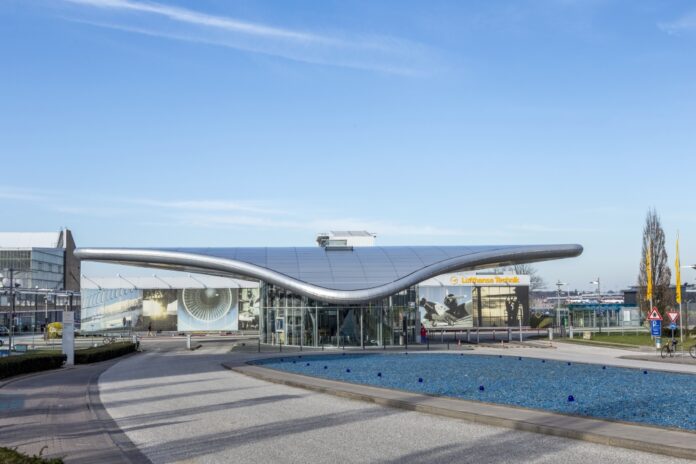The vendor also announced its private 5G network trial with Lufthansa Technik has progressed to permanent deployment.
Nokia confirms it will deploying its 5G standalone (SA) core system on Amazon Web Services (AWS) for DISH Network – the US greenfield network operator.
DISH will shortly launch 5G services on its Open RAN-based network with Nokia providing the voice core, cloud packet core, subscriber data management, device management and NetGuard network security capabilities.
It is also providing end-to-end security services for DISH.
Marc Rouanne, Chief Network Officer at DISH, said, “Running the Nokia 5G SA core on AWS will optimise our network operations to launch new software and services rapidly and efficiently, enabling the integration of countless innovative use cases for customers”.
DISH announced it had chosen Nokia’s SA core in September 2020, and that it would build out its RAN, core and OSS/BSS functionality on AWS infrastructure in April.
Lufthansa Technik
After successful trials, the technical services provider for aircraft, Lufthansa Technik, brought Nokia 5G private wireless networking into full-time commercial deployment at its facility in Hamburg, Germany.
Lufthansa Technik said it had recently completed the year-long pilot, and despite pandemic-related travel restrictions, 5G networking has enabled it to inspect virtual engine parts for its civil aviation customers over fast, high-definition video links.
Lufthansa Technik’s Virtual Table Inspection (VTI) has allowed customers to remotely attend engine parts inspections, without travelling to its Hamburg facility.
Keeping orders coming in
Dismantled parts are jointly inspected on screen in high-resolution, enabling informed decisions about orders. VTI has now been integrated into Lufthansa Technik’s digital AVIATAR technical aircraft fleet management solution.
Stephan Drewes, Chief Information Officer, Lufthansa Technik, said: “During the past year, the Nokia 5G private wireless network enabled us to provide uninterrupted virtual inspection service to our aircraft engine services customers – without a single minute of unpredicted downtime.
“Based on this outstanding experience, we have decided to promote the initial test case to a permanent AVIATAR product offering.
“By deploying the pilot immediately prior to the pandemic, the Virtual Table Inspection use case was a very timely solution to travel restrictions, with 5G helping the test case evolve quickly from trial to business-critical infrastructure.
“Going forward, we anticipate that VTI will become the default method of inspection for some customers, while others will also employ a hybrid model that combines remote and in-person inspection.”



